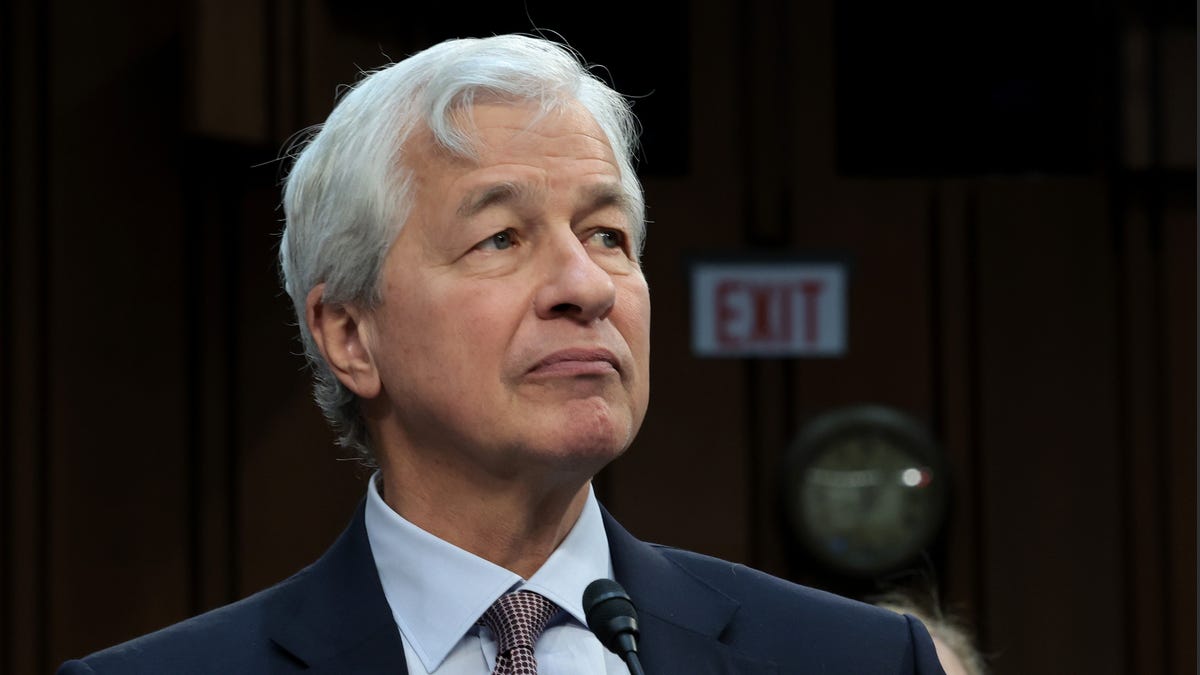The Deceptive Practices of Doxo Unveiled
In recent news, the U.S. Federal Trade Commission (FTC) has taken legal action against the Seattle-based bill payment company Doxo and its founders, Steve Shivers and Roger Parks. The FTC has accused Doxo of engaging in deceptive practices that have harmed consumers and billers alike.
The Allegations
The FTC alleges that Doxo has been intercepting consumers attempting to reach their billers’ websites and misleading them into paying unnecessary and excessive fees. The company’s advertisements are designed to mimic those of billers, causing confusion among consumers. Doxo claims to have a vast network of billers, allowing customers to pay any bill through their platform. However, the FTC has found that Doxo has no relationship with the majority of billers in their network.
Upon clicking on the ads and proceeding to make a payment, consumers are hit with additional junk fees, including a “delivery fee” that is only revealed at the final stage of a lengthy payment process. These fees could have been avoided if the consumer had gone directly to the biller. As a result, consumers have been forced to pay millions of dollars in unnecessary fees.
Furthermore, Doxo processes payments instantly from consumers but delays payment to the billers. In many cases, billers only receive payment weeks after the consumer believes the bill has been settled. This delay has led to serious consequences for consumers, including missed payments, collection notices, and disconnection of essential services.
Subscription Trap
In addition to the one-time junk fees, Doxo has also been accused of misleading consumers into subscribing to a paid service without their knowledge. By including a terms of service hyperlink at the bottom of the payment page, Doxo enrolled unsuspecting consumers in a subscription package. Many consumers were unaware of this change and believed that using Doxo was the only way to make online payments.
Some companies, such as hospitals and local governments, have issued warnings to consumers about using Doxo due to the deceptive practices employed by the company. Shivers, the CEO of Doxo, has acknowledged receiving numerous complaints from state agencies, highlighting the extent of the issue.
One alarming incident reported by WRAL in North Carolina revealed that consumers were forced to pay $100,000 in late fees to the state’s toll authority due to delayed payments through Doxo. Parks, Doxo’s vice president, responded by accusing the toll authority of defamation, further exacerbating the situation.
The FTC’s legal action against Doxo sheds light on the company’s deceptive practices and the harm they have caused to consumers and billers. It serves as a warning to other bill payment platforms to operate transparently and ethically to protect consumers’ interests.
Image/Photo credit: source url





